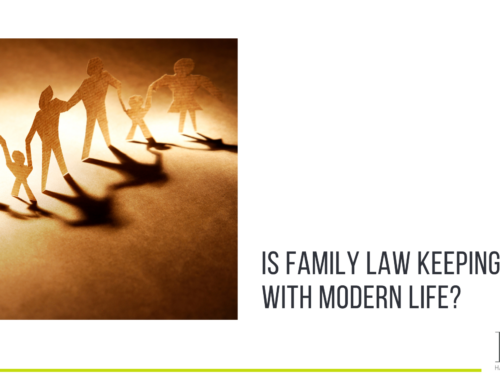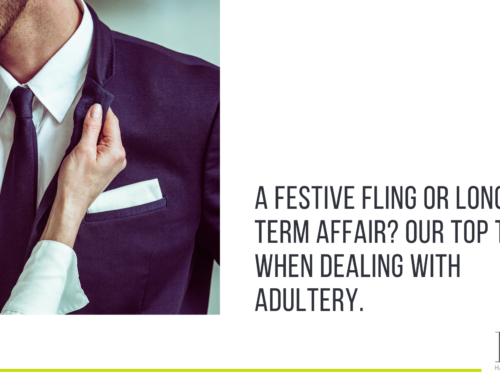Admittedly, a pre-nup is not the most romantic item on a wedding plan. In fact, it’s quite possible that it doesn’t feature on your to do list at all. Why? Perhaps it’s because you’re worried it will spoil the romance. Or, maybe you think pre-nups only apply to people with loads of money.
Here we dispel 7 of the most common myths and misconceptions that prevent couples from having those all-important conversations about assets, money and life goals at exactly the time in their lives when they should be doing so.
-
You only need a pre-nup if you’re rich
Pre-nups are not just for the rich and famous. Their aim is to prevent future disputes and divorce battles about anything from investments and property to heirlooms and pets. It is also a chance for couples to set their own rules about how any future accumulated assets will be dealt with.
-
Pre-nups are designed to benefit the wealthier spouse
Pre-nups don’t exist simply to protect a rich spouse. In cases where one spouse is bringing significantly more wealth to the marriage, a pre-nup can be used to set out plans for how the less well-off spouse will be provided for if the marriage breaks down. This can avoid a long, bitter and costly divorce battle for spousal maintenance or a fair share of assets. If either party has been married before, a pre-nup can also be used by both parties to ringfence assets and inheritance for children from a previous relationship.
-
A pre-nup means you expect to get divorced
Pre-nups can actually help couples to create a firm foundation for marriage. That might sound strange but the process of drawing up a pre-nup is an opportunity to set some life goals, discuss financial priorities and voice aspirations, whether that’s to buy a city apartment to generate rental income or invest in a country home to renovate. By having these kinds of conversations early, couples can talk openly and honestly about what’s really important to them when it comes to spending and investing.
-
Pre-nups are not legally binding
Whilst they are not automatically watertight, if a pre-nup is properly prepared, it should be hpheld on divorce. The pre-nup should be pre-nup drawn up by a specialist family law solicitor following full financial information being given by both sides. Both parties should seek independent legal advice to ensure there has been no coercion or duress and the solicitors will need to sign to confirm that the agreement was entered into freely and knowingly. A pre-nup should be completed at least 21 days before the marriage takes place.
-
You only need a pre-nup if you’re getting married
A pre-nup is an agreement between two people who are preparing to marry but a similar contract can be drawn up by couples who are living together. In these cases it is known as a ‘living together agreement’ or ‘cohabitation agreement’. It is also possible to draw up a post-nuptial agreement after marriage.
-
Anything can be included in a pre-nup
A pre-nup is a very personal document that is tailored to each couple’s circumstances but there are some things that will not be held up by the courts and could threaten the validity of the whole agreement. Usually these are elements that would be deemed unfair by a judge, such as financial penalties for certain behaviours. A family law solicitor who is experienced in drafting pre-nups will guide and advise you to make sure your agreement will be considered fair and reasonable by the courts.
-
Pre-nups are an unnecessary expense
The best way to look at a pre-nup is as an insurance policy or investment. The costs involved in drawing up an agreement early in a relationship, when communication is good and both sides are motivated to reach a fair outcome, are likely to be far lower than they would be if the same issues were being negotiated during a break up. By taking preventative measures now, you are saving costly divorce fees and hopefully insuring against something that will never happen.
Here at Harrogate Family Law we have a team of specialist solicitors who are on hand to help. To speak to one of our friendly solicitors for a free confidential chat give us a call today on 01423 594680.

Emma Doughty is family lawyer who provides straightforward, easy to understand advice. She is passionate about helping people and using her expertise to achieve the best outcome possible. She has been described by her clients as “tremendous and incredibly supportive”.
Everyone’s circumstances are different and this article is provided by way of general information only and must not be relied upon. If you require legal advice on a family law issue, please feel free to contact us by emailing enquiries@harrogatefamilylaw.co.uk.






